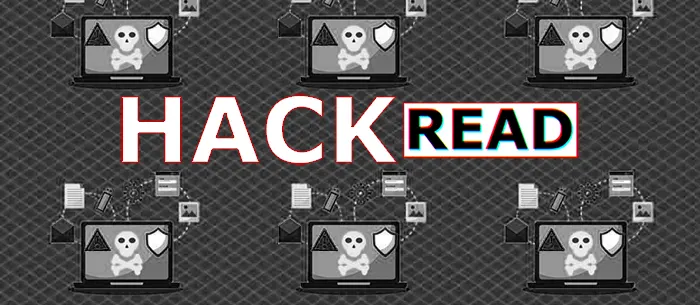
Official Website Qubes OS
Qubes OS is a free and open-source, security-oriented operating system for single-user desktop computing. Qubes OS leverages Xen-based virtualization to allow for the creation and management of isolated compartments called qubes.
24 October
The Xen Project has released one or more Xen security advisories (XSAs). The security of Qubes OS is not affected. XSAs that DO affect the security of Qubes OS The following XSAs do affect the security of Qubes OS: (none) XSAs that DO NOT affect the security of Qubes OS The (…)
21 October
The Xen Project has released one or more Xen security advisories (XSAs). The security of Qubes OS is not affected. XSAs that DO affect the security of Qubes OS The following XSAs do affect the security of Qubes OS: (none) XSAs that DO NOT affect the security of Qubes OS The (…)
30 September
Qubes OS Summit 2025: videos and slides
Qubes OS Summit 2025 has concluded! Thank you to our sponsors, presenters, attendees, and organizers for making this year’s summit a success! If you missed the summit, or if you’d like to review any of the presentations, live stream recordings from this year’s summit are (…)
19 September
Qubes OS 4.3.0-rc2 is available for testing
We’re pleased to announce that the second release candidate (RC) for Qubes OS 4.3.0 is now available for testing. This minor release includes many new features and improvements over Qubes OS 4.2. What’s new in Qubes 4.3? Dom0 upgraded to Fedora 41 (#9402). Xen upgraded to (…)
11 September
The Qubes documentation has successfully migrated to Read the Docs!
The migration of the Qubes documentation to Read the Docs is now complete! As of today, the new documentation hosted by Read the Docs has officially replaced the old documentation, and all old documentation URLs will automatically redirect to their new counterparts at (…)
9 September
The Xen Project has released one or more Xen security advisories (XSAs). The security of Qubes OS is not affected. XSAs that DO affect the security of Qubes OS The following XSAs do affect the security of Qubes OS: (none) XSAs that DO NOT affect the security of Qubes OS The (…)
2 September
We have published Qubes Canary 044. The text of this canary and its accompanying cryptographic signatures are reproduced below. For an explanation of this announcement and instructions for authenticating this canary, please see the end of this announcement. Qubes Canary 044 (…)
14 August
QSB-109: Intel microcode updates
We have published Qubes Security Bulletin (QSB) 109: Intel microcode updates. The text of this QSB and its accompanying cryptographic signatures are reproduced below, followed by a general explanation of this announcement and authentication instructions. Qubes Security (…)
10 August
Qubes OS 4.3.0-rc1 is available for testing
We’re pleased to announce that the first release candidate (RC) for Qubes OS 4.3.0 is now available for testing. This minor release includes many new features and improvements over Qubes OS 4.2. What’s new in Qubes 4.3? Dom0 upgraded to Fedora 41 (#9402). Xen upgraded to (…)
26 July
New Fedora 42 templates are now available for Qubes OS 4.2 in standard, minimal, and Xfce varieties. There are two ways to upgrade a template to a new Fedora release: Recommended: Install a fresh template to replace an existing one. This option is simpler for less (…)











